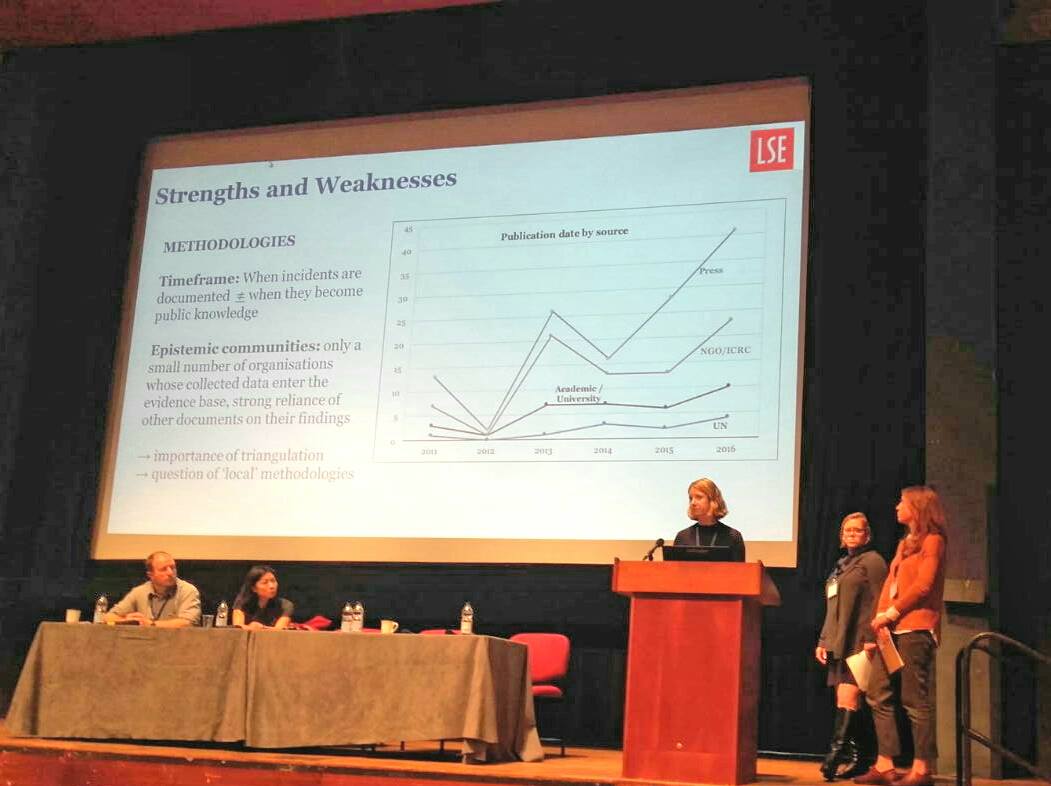The link between economic performance and institutions is significant. Research points to the fact that the question is not anymore whether institutions are important but which institutions to focus on, as well as how to develop these. An improvement in the quality of institutions can lead to a substantial growth spurt. One important aspect with respect to institutions is governance. According to the World Bank, governance is defined as the traditions and institutions by which authority can be exercised. In this short article, LSE ID alum, Sebastian Petric argues that for a functioning society, institutions for governance are crucial.
The correlation between governance and the income of a country is positive. That being said, economies can also grow without a decent governance system. The question is only how long growth can be sustained in light of a lack of governance. A suitable system of checks and balances reduces rent-seeking behaviour by actors, for instance. Research finds that that the establishment of good legislative bodies, even when it comes to authoritarian regimes, increases the cost of expropriation of investments substantially. Another example of the positive effects of governance is that the division of power can reduce the collusive capture of entities through the reduction of the information monopoly. These are only a few examples of the positive effects good governance can have.
China does not fit well into most studies regarding institutions and growth because the country has been governed by the Chinese Communist Party since the establishment of the People’s Republic of China. Also, since independent judiciary is rare in China, governance can be regarded as rather weak. This has been termed a paradox in light of China’s incredible growth rates. Often, China is left out of studies with respect to governance and economic performance. Regardless of the above, China managed to rise steeply, in particular relative to other emerging markets. A solution to this problem could be that China managed to grow fast at early stages of the country’s development, but growth inevitably slows down if no improvements in governance are achieved. Furthermore, research on a provincial level points to the relationship between increased growth and better governance in China.
China’s path without democratisation, incremental liberalisation, as well as limited privatisation has been quite unique. Different institutions accompanied the transformation from plan to market, which happened in a gradual manner. In addition, the importance of informal institutions should not be underestimated with respect to China’s development. Nonetheless, it remains puzzling how the country’s development took place in the absence of good governance. China’s gradual transformation can be an explanatory factor for China’s rise in light of governance problems.
As the development of China advances, the importance of market-supporting institutions increases. Ultimately, a good governance system has to be established to support the rise of the private sector in China. The state has played a significant role in China’s emergence; going forward a different governance system must support China’s opening. One indicator of the changing nature of China’s growth is the accession of China to the World Trade Organisation in 2001. This introduced a new institutional system leading to increased transparency in China.
To conclude, although good governance has played only a minor role in the rise of China so far, the increasing openness of the country to international determinants and the alteration of the Chinese growth model make good governance a vital factor going forward.
The views expressed in this post are those of the author and in no way reflect those of the International Development LSE blog or the London School of Economics and Political Science.





